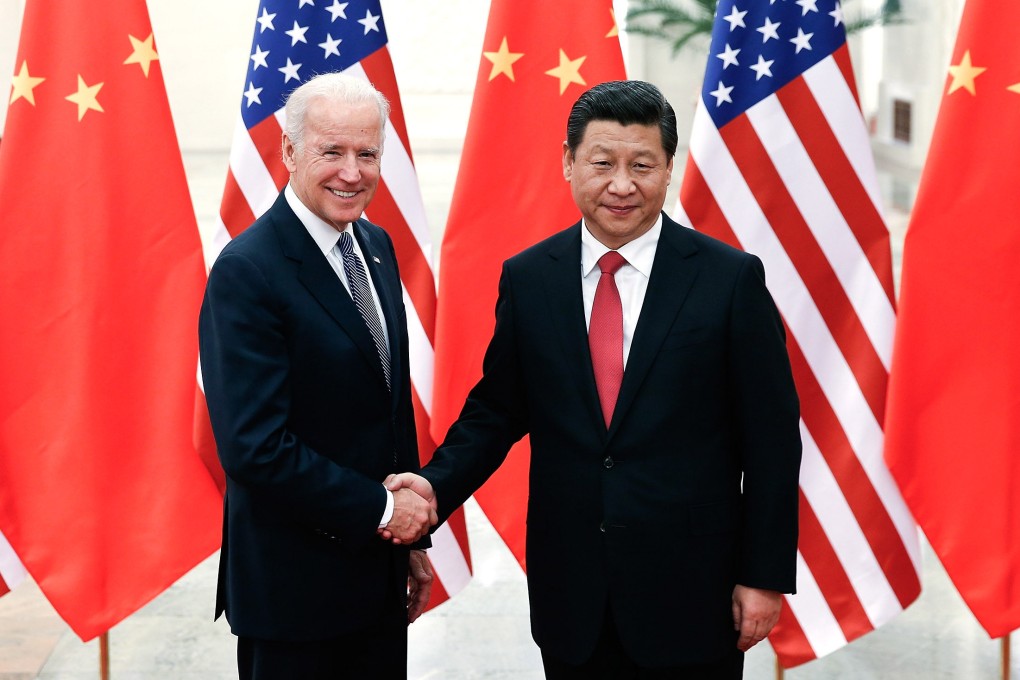Advertisement
Opinion | Why China, US need to learn from the Cold War to avoid a hot war
- The rise of China and growth in global polarity are affecting multilateralism, reflected in the UN’s declining influence as well as division and disunity in the Security Council
- To help reset and recalibrate the international system, China and the US need to agree on concrete measures to reduce tension and work cooperatively for the global good
Reading Time:5 minutes
Why you can trust SCMP
1

The parade of world leaders through Rome for the G20 summit and then onto Glasgow for the United Nations climate change meeting at the start of November was, at first sight, a welcome return to in-person diplomacy after two years in a virtual vacuum. But the euphoria was short-lived as leaders came up short on critical issues of Covid-19 vaccine equality and progress on lowering rising global temperatures.
Key leaders from Russia and China were absent, while others sparred on the sidelines. Podiums and backroom bilateral meetings were used to score points in an ever-worsening contest for global primacy. UN Secretary General Antonio Guterres summed things up nicely when he said he left the G20 meeting with “hopes unfulfilled”.
As we enter the third decade of the 21st century, the intersection of violent conflict, human displacement, Covid-19 pandemic and climate change have placed significant pressure on the existing multilateral system. At the same time, the international system has been weakened by the growing polarity generated by great power competition, the inward-looking trend generated by populist sentiment, and the consequent economic constraints on funding for international bodies.
Advertisement
The British think tank Chatham House estimates that in 2020, an all-time high of almost 250 million people across 75 countries needed humanitarian aid and assistance, while global funding for humanitarian aid decreased by 52 per cent.
Negotiations to resolve critical issues such as climate change, arms proliferation and humanitarian access in conflict zones have either moved at a snail’s pace or stalled, as interest groups challenge or block these efforts using well-funded lobbies and social media platforms.
Advertisement
Advertisement
Select Voice
Select Speed
1.00x